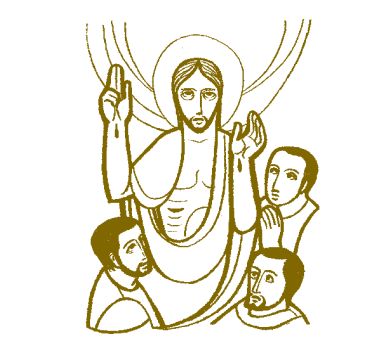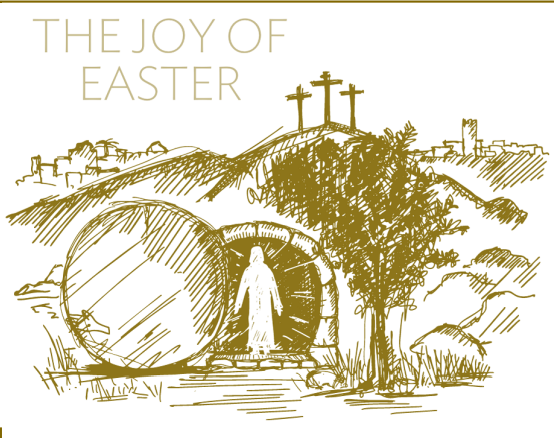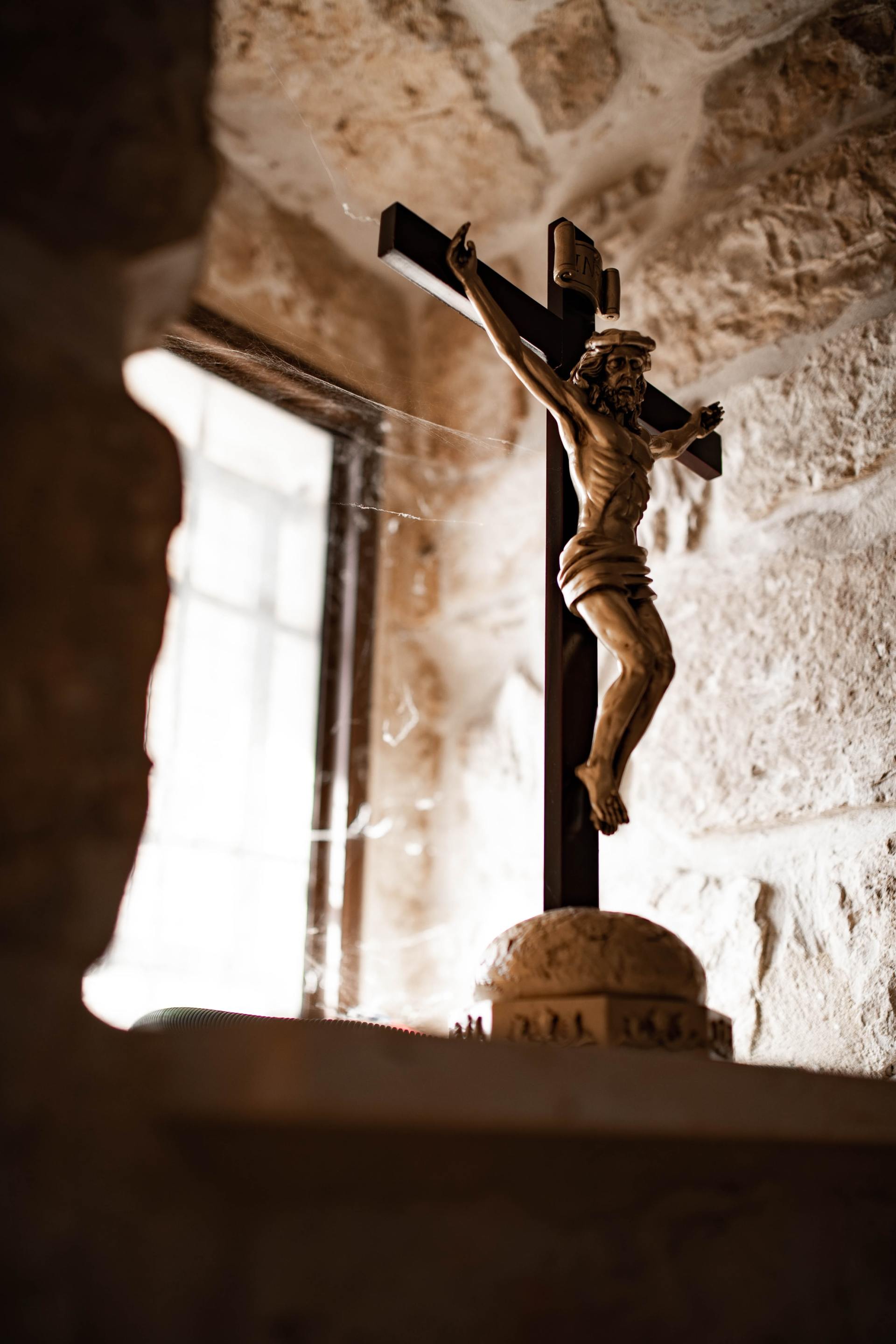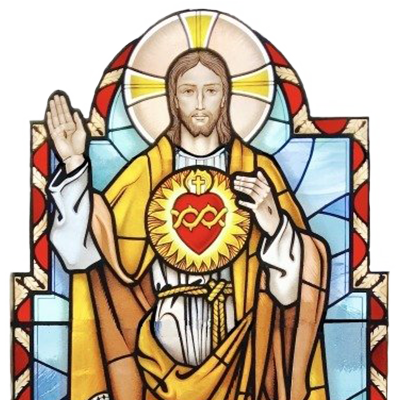John was serious! . . .(Third Sunday of Advent Year C)
This week we hear John the Baptist give concrete examples of what it means to “prepare the way of the Lord.” He tells the crowds, “Whoever has two coats must share with anyone who has none, and whoever has food must do likewise.” Three hundred years later, St Basil took John the Baptist (and Jesus) so seriously that he wrote, “When someone steals another’s clothes, we call them a thief. Should we not give the same name to one who could clothe the naked and does not? The bread in your cupboard belongs to the hungry; the coat unused in your closet belongs to the one who needs it; the shoes rotting in your closet belong to the one who has no shoes; the money which you hoard up belongs to the poor.” Do we take these words so seriously? If not, why not?
John the Baptist directed his next two examples of preparing the way for Jesus to particular groups of “middle-men” in his society: the tax collectors and Roman soldiers. Tax collectors notoriously padded their wallets by collecting more than the Jewish peas ants legally owed to their Roman rulers. Theirs was like white collar crime today - maybe not violent or vicious, but unjust and hurtful, especially to people poorer than them. John the Baptist also challenged the Roman soldiers to stop using their strength and position to extort money out of fear. The Jews had more than enough trials in life without being threatened and falsely accused by the police force of their time. Some parallels might be the racism experienced by people of colour in America today (particularly at the hands of the police and criminal justice system), and the power that employers have over undocumented workers and those who don’t speak fluent English.
For John, preparing the way for Jesus was about much more than going through a baptismal ritual. It required concrete changes in how people lived their day-to-day lives. Perhaps we need to be reminded of that when we approach any of the sacraments our selves. Are we committing to live out what we say we believe?
Questions of the week
• What is your reaction to St Basil’s quote? Does it contain a challenge to you? What is it?
• What are some forms of “socially acceptable” crime today that could be considered similar to the tax collectors and Roman soldiers of John’s day? Do you see evidence of them in your work or profession?










